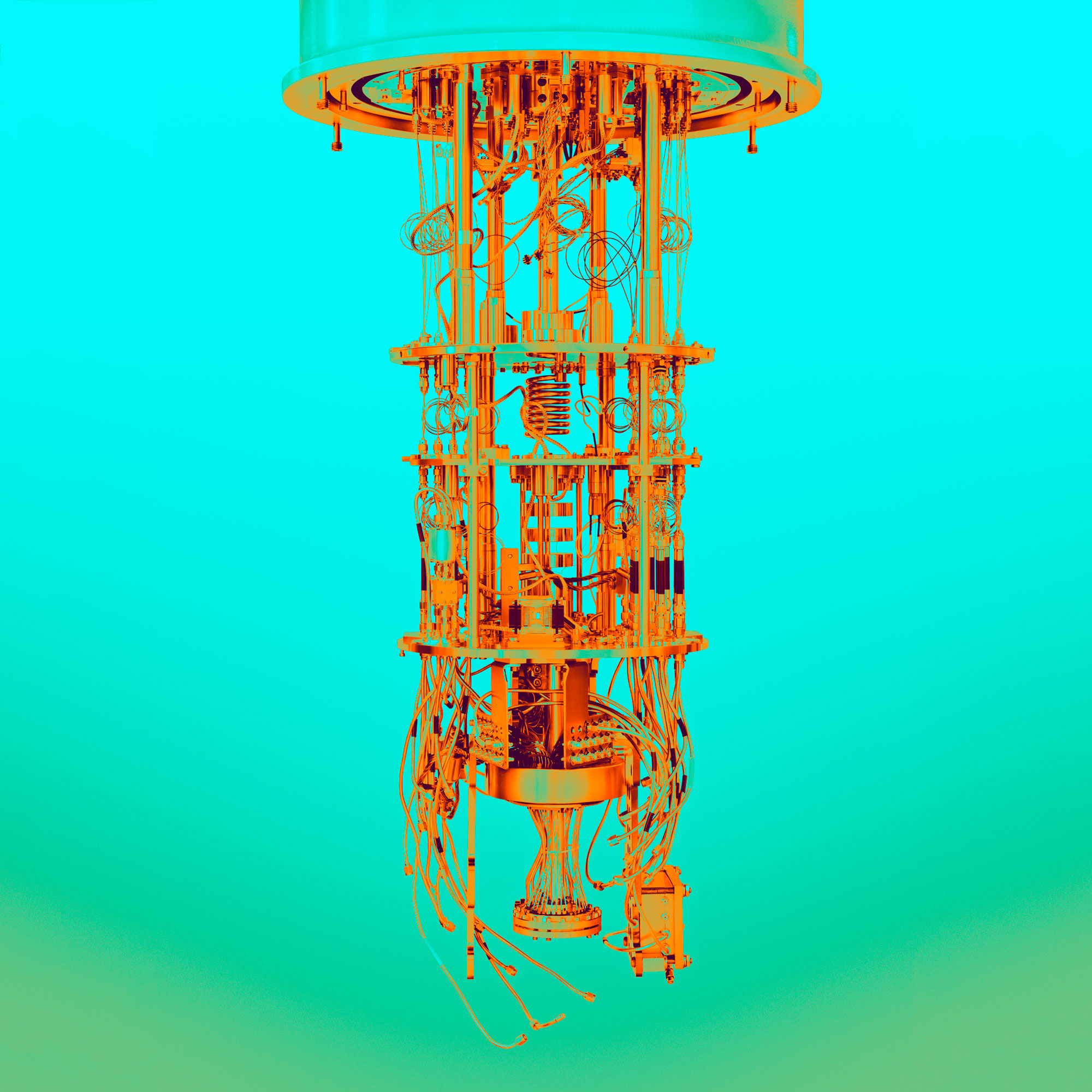Batter Links: Your Gateway to Trending News
Stay updated with the latest trends and insights from around the world.
Quantum Leap: How Qubits are Revolutionizing the Digital World
Discover how qubits are transforming technology and reshaping the future in our deep dive into the quantum revolution!
Understanding Qubits: The Building Blocks of Quantum Computing
Qubits are the fundamental units of quantum computing, analogous to bits in classical computing. Unlike a traditional bit that can be either 0 or 1, a qubit can exist in a state of superposition, allowing it to be both 0 and 1 simultaneously. This unique property enables quantum computers to process a vast amount of information at once, which dramatically increases their computational power. In addition to superposition, qubits also exhibit entanglement, a phenomenon where two qubits become intertwined, meaning the state of one qubit can depend on the state of another, regardless of the distance between them.
The development and understanding of qubits are crucial for harnessing the full potential of quantum computing. There are various physical implementations of qubits, including trapped ions, superconducting circuits, and topological qubits, each with its own set of advantages and challenges. As researchers continue to explore these different models, the ultimate goal is to create a reliable and scalable quantum computer. Such advancements promise revolutionary applications in fields ranging from cryptography to drug discovery, fundamentally altering how we solve complex problems and manage vast datasets.

How Quantum Computing Will Transform Data Security and Encryption
Quantum computing holds the potential to revolutionize the field of data security and encryption, fundamentally changing how we protect sensitive information. Unlike classical computers, which process data using bits that represent either a 0 or a 1, quantum computers use qubits that can exist in multiple states simultaneously. This capability allows quantum computers to perform complex calculations at unprecedented speeds, making traditional encryption methods vulnerable to swift attacks. For instance, algorithms such as RSA, which relies on the difficulty of factoring large numbers, could become obsolete in the face of quantum computing advancements.
As a response to this looming threat, researchers are actively developing quantum-resistant encryption methods designed to safeguard data against quantum decryption techniques. These new algorithms aim to create security protocols that can withstand the powerful computational abilities of quantum machines. Organizations are encouraged to adopt these cutting-edge solutions to ensure the longevity of their data security measures. Embracing quantum encryption not only protects current data but also prepares businesses for a future where quantum computing will be commonplace.
What are the Real-World Applications of Qubits in Today's Technology?
Qubits, the fundamental units of quantum information, are revolutionizing various fields by allowing for massive parallel processing capabilities. In the realm of quantum computing, companies like Google and IBM are harnessing the power of qubits to tackle complex problems that are currently infeasible for classical computers. For instance, in drug discovery, qubits can simulate molecular interactions at an unprecedented scale, leading to faster development timelines and more effective therapies. Additionally, quantum cryptography employs qubits to create ultra-secure communication channels, leveraging the principles of quantum mechanics to ensure that intercepted messages cannot be deciphered without detection.
Beyond computing and cryptography, qubits also find real-world applications in the fields of artificial intelligence and optimization problems. By utilizing quantum machine learning algorithms, businesses can analyze vast datasets more efficiently, uncovering patterns and insights that would take classical processors significantly longer to resolve. Moreover, in logistics and supply chain management, qubits can optimize routes and resources, reducing costs and enhancing efficiency. As research continues to advance, the practical uses of qubits in everyday technology are expected to expand dramatically, paving the way for innovations that could reshape entire industries.